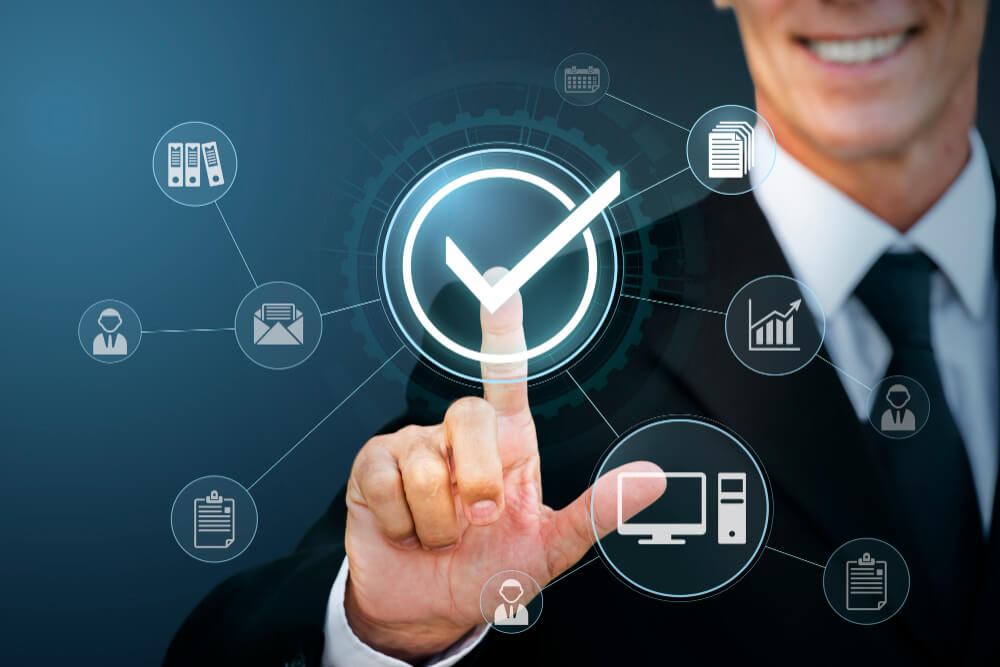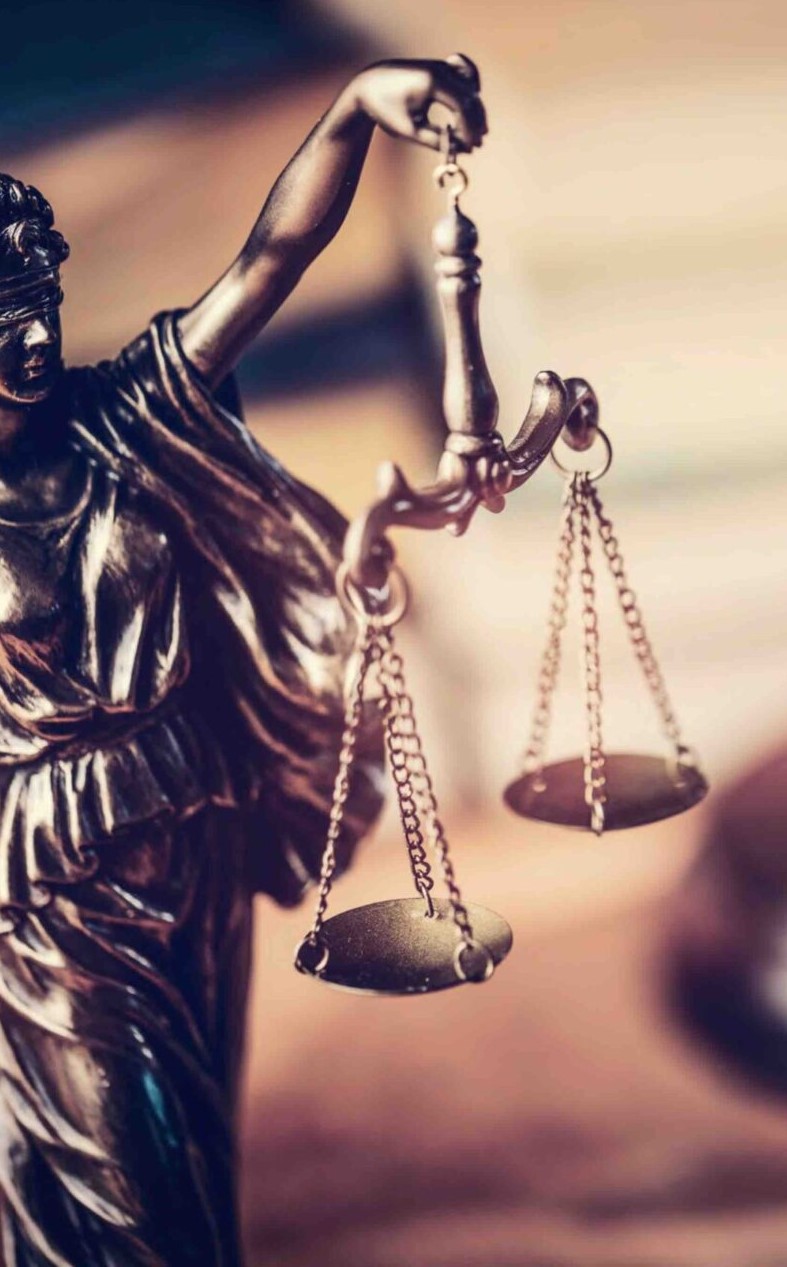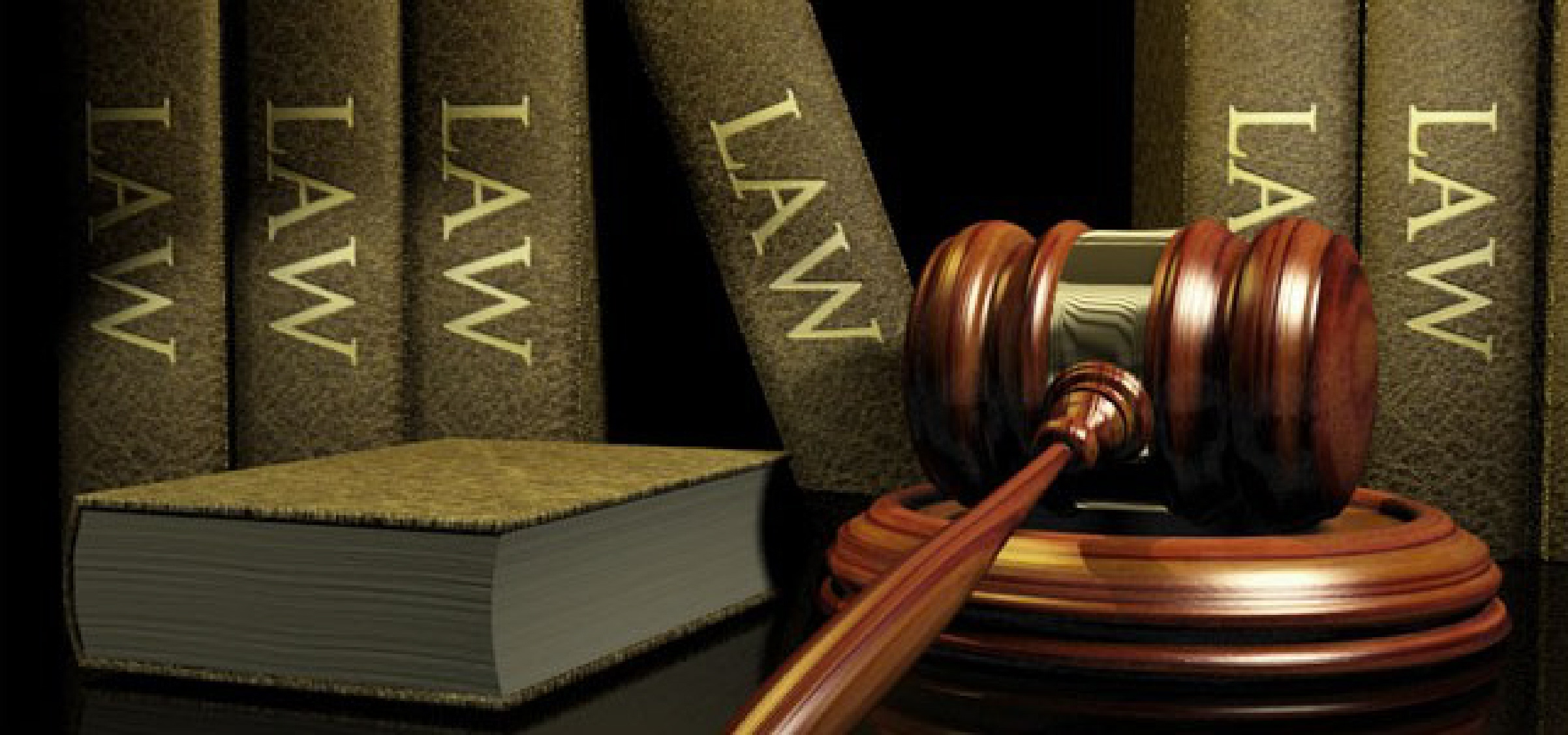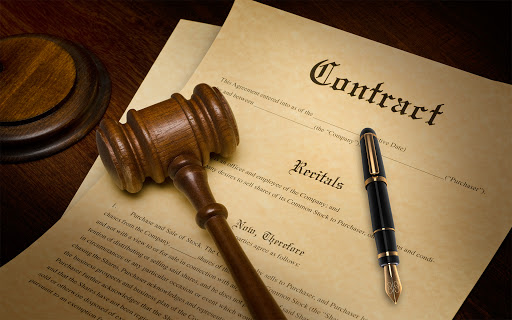








Report is quite satisfactory. Each assignee, competition and inventors have been detailed properly. I don’t need to review much. Your team did a good job. Results are very helpful. I know we’ll be doing more business soon.
VLS has been used by our firm as a steady, high-quality provider of various invalidity and validity searches for many years. We are very satisfied with their services.
VLS has been my first choice when it comes to Infringement Searches. I have worked with them on many patent search projects and being one of the premier search firms since 2010, I strongly recommend them.
We were happy with our experience and appreciate the effort that went into the process. It seemed well thought out and thorough. We are likely to use VLS services again in the future. Thank you & to your team for all their efforts.
I have been pleased with each piece of work VLS has done for me. They always fulfill the brief and return a quality report that represents good value for the client.
Virtue Legal Services 30 N Gould
St Ste 22405 Sheridan, WY 82801.
info@virtuelegalservices.com
3072278788